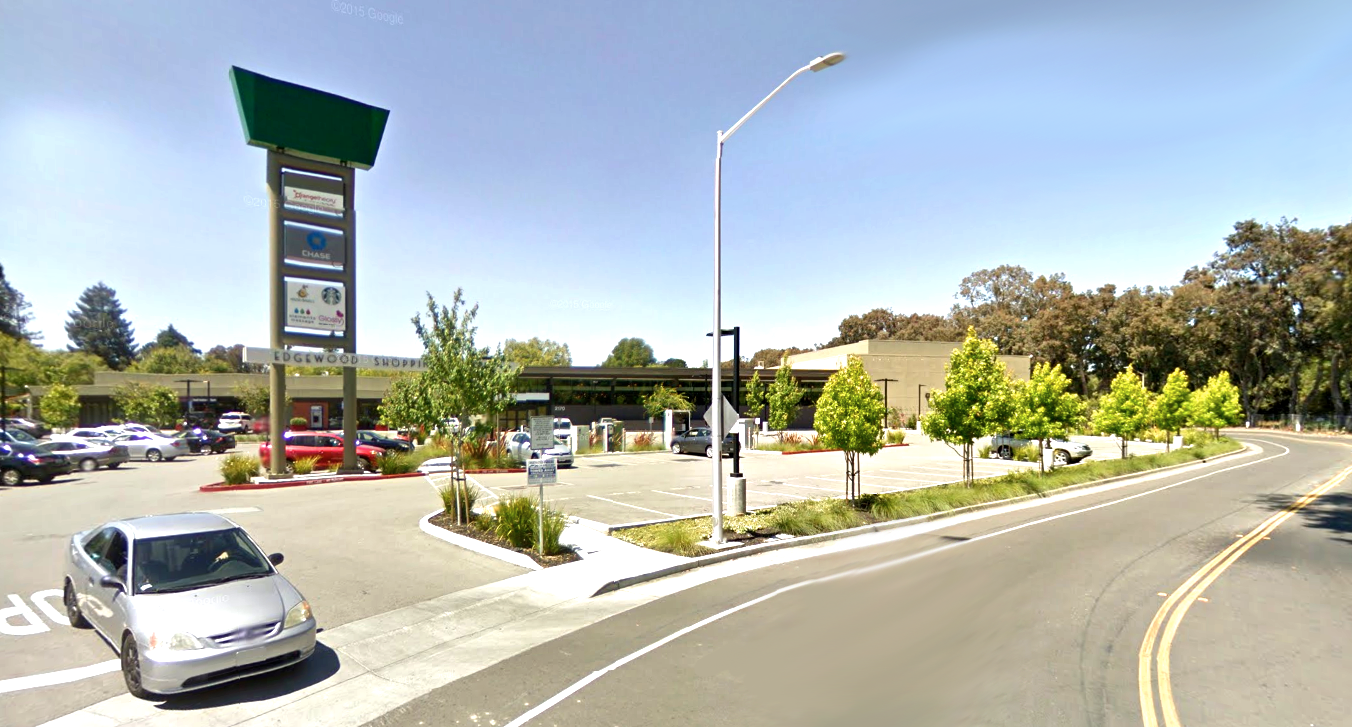
OPINION
BY DAVE PRICE
Daily Post Editor
I’m disappointed that four city councils in our area have decided to place restrictions on natural gas rather than allowing consumers to decide for themselves what makes sense in their own lives.
It used to be that politicians trusted the people to make decisions. Now we have city council members deciding how people are going to live their lives.
It’s an example of the “we know better than you” mentality that we get from Washington.
If it makes sense to ban natural gas in new construction — or ban plastic bags or drinking straws — then that fact should be perfectly obvious to the entire community. The council shouldn’t need to pass an ordinance imposing a ban. People will do it on their own, and that will solve the problem.
If a city wants to ban something people use, city leaders should make the case for the ban and see how residents react. Council members should speak to different community groups, hold rallies, and be willing to debate the merits of the ban with others.
Yes, that would take some work by council members. But it would show that the council respects the public.
At the public hearings preceding these bans in Menlo Park, Palo Alto, Mountain View and Los Altos, there was little in the way of debate. Instead, the city employees produced reports calling for the ban on natural gas in new construction. And then — after a handful of people went to the microphone to make comments — the council voted to approve the report.
There was no give-and-take in this process. It felt to me as if the outcome was predetermined.
Questions for everybody
I’d rather see a robust debate to answer these questions:
1. Is gas less expensive for a homeowner than electric? People on both sides of this question have good arguments — let’s hear them debate.
2. Does a natural gas ban hurt the poor by eliminating a low-cost source of home heating?
3. Is electricity reliable given PG&E’s pre-emptive power outages this fall? Will these outages continue? When people lose their electric power, what alternatives are available?
4. Is natural gas safe? It’s a fair question, especially after the 2010 explosion in San Bruno that killed eight people and leveled 38 homes.
5. Is eliminating natural gas worth the benefit of reducing gases that are supposedly changing the climate? Will the amount of gas eliminated here matter in a world where China and India are adding coal-fired power plants every week?
No kids, please
One more thing. Adults should be able to make their case without dragging a child to the council chambers to read a script about how the earth is going to come to an end in 12 years.
Normal kids, at least pre-teenagers, don’t care about this stuff at all. They only get involved when they’re brainwashed by their parents.
I don’t want to hear somebody say we should “listen to the wisdom of children.” What we’re listening to is rehearsed lines by kids who have manipulative parents.
Teens care about such things only when they’re in a class that forces them to take a side in order to write an essay or participate in a debate. Of course, they’ll take the teacher’s side of the argument in order to get the highest grade. Kids aren’t stupid.
My advice to our city leaders is: Before you take away something that people believe is their right, make the case supporting your position, engage the residents in a debate, and let them decide what is right. They might end up agreeing with you. And then they’ll voluntarily stop using the produce you were intending to ban. But when you use the heavy hand of government to force your views on them, you make it seem as if your position is weak and that it couldn’t hold up to scrutiny.
Editor Dave Price’s column appears on Mondays. His email address is [email protected].




I’d like to know how many Palo Alto council members have removed gas appliances from their homes.
Ah, yes. The children. I remember how the Palo Alto library bond passed years ago. Crying children in council chambers: “Please don’t close MY branch.” And in Los Altos, the parents who brought kids and toddlers and little babies to a council meeting — that lasted late into the night — to beg for The Children’s Corner. One mother was sobbing at the podium.
What a fine example to set for children. Entitlement is what it’s all about. Never mind costs. Never mind logic. Never mind the needs of others. It’s MY library branch. It’s MY preschool.
“People will do it on their own, and that will solve the problem”… yes, how silly of the councils not to realize that people always do the right thing.
He is right about kids giving speeches though, they are clearly too busy moonlighting as writers for the Daily Post.
But is it the right thing? Can we ask the question? Can we insist that someone answer it before mandating a complete overhaul of every individual household and business? Are we allowed to insist that city leaders prove their case for this extremely expensive, forced change? Have the consequences of this mandate been fully investigated? Is it worth it to go through all of this expense when the outcome will make no difference to the planet’s atmosphere, given the fact that other countries, which are far beyond our control, continue to release unthinkable amounts of pollutants? The pros and cons of this mandate should have been put clearly to us and we should have been allowed to decide. Elections matter. Future leaders can reverse past mandates if the will of the public is clear.
I agree with Will. We need to have government tell us how to live our lives. We can’t be trusted to make good decisions in our own interest. Government always gets it right! I’d write more except I’m going to leave to catch the high-speed rail to Los Angeles. It’s supposed to be opening anytime now.
Sometimes individuals don’t know what’s best for them, and that’s when government should step in and make decisions for them.
Who gets to decide individual doesn’t know what’s best for them? Some politicians want to play a role of God?
Your first question is absurd. Of course gas is cheaper than electric.
This is from a helpful article on the subject:
“Natural gas is almost always cheaper than electricity. Choosing all gas appliances can save you up to 30 percent on your utility bill. But while we all want to save on utility bills, there’s more money on the line than just utility costs.
“If your home is only set up for electric appliances, converting to gas will cost a pretty penny. You’ll probably spend between $250 and $700 to reroute a gas line and install a gas appliance, and that doesn’t include the cost of the appliance itself. You might be eligible for rebates from your utility company if you do convert to natural gas, so be sure to give them a call before you make the decision.
“Converting to electric will also be pricey: You’ll have to install an electric line and cap the gas line, which will put you out at least $350 per line.”
https: //www.consumeraffairs.com/ homeowners/gas-vs-electric-appliances.html#
Everything I’ve read about this reaches the same conclusion — gas is cheaper than electric. We shouldn’t take away affordable options for residents.